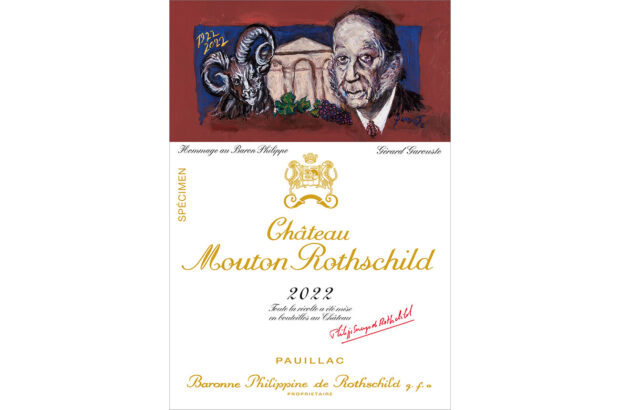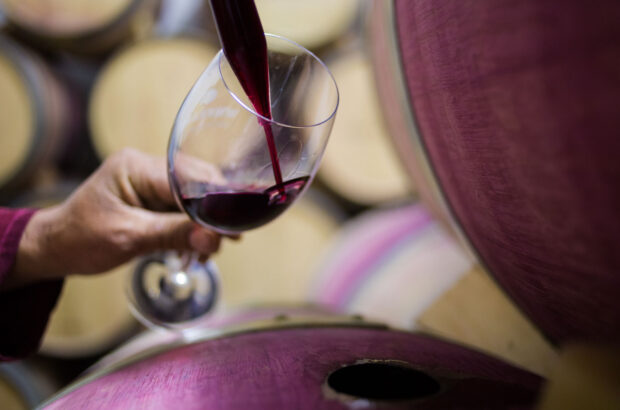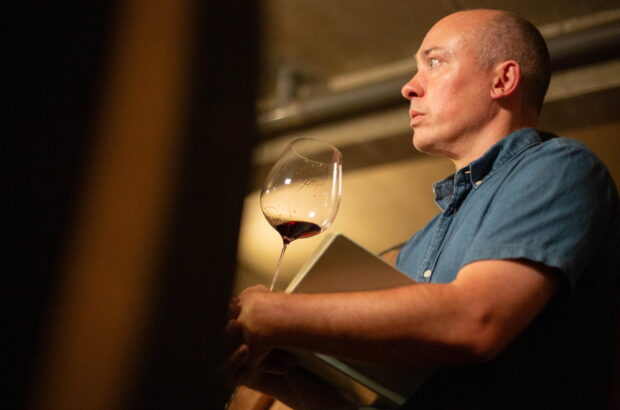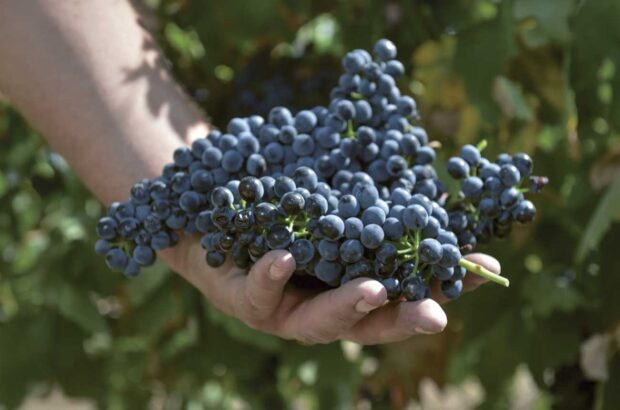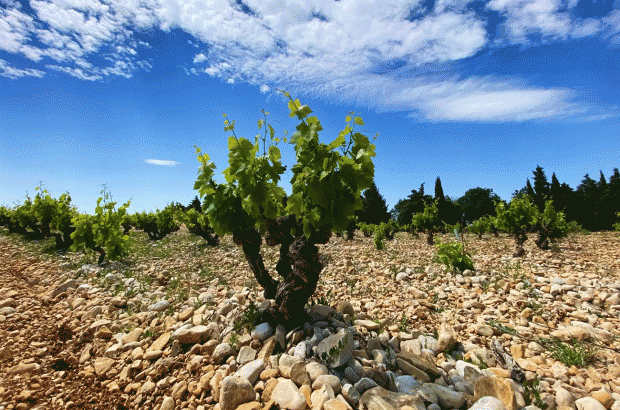Château Cheval Blanc will release its first white wine later this month, following nearly a decade of trials at the highly regarded Bordeaux estate. Jane Anson has tasted it...
Château Cheval Blanc in St-Emilion will launch its first Bordeaux white wine, Le Petit Cheval Blanc 2014, at the end of this month.
It’s taken eight years of experiments to get to this stage, according to the estate.
There are 4,500 bottles of the 2014 wine, a 100% Sauvignon Blanc. Production is expected to reach 20,000 bottles annually within a few years.
It is expected to sell for around £100 per bottle in the UK.
The move comes amid a resurgence for Bordeaux dry white wine.
Related stories
Cheval Blanc white wine: How it came about
The vines come from plots that were formerly within Château La Tour du Pin Figeac (Moueix).
Cheval Blanc’s co-owners, luxury goods group LVMH and Albert Frère, bought the vines in 2006 after La Tour du Pin Figeac lost its classified ranking in St-Emilion.
Experiments with white wine on a small area began in 2008. The Cheval Blanc team field-grafted three different clones of Sauvignon Blanc.
In the most recent 2012 St-Emilion re-classification, 1.38 hectares of the vineyard was redrawn to be included within the footprint of Château Cheval Blanc itself.
That left 6.5 hectares for the white wine plan.
Cheval Blanc re-planted some parts of the vineyard and field-grafted others, giving some plants up to 40 years of age in terms of their rootstock.
The vineyard is 80% Sauvignon Blanc and 20% Semillon. The estate plans to add Semillon to the wine from the 2018 vintage.
‘We spent several years understanding what the terroir would give us and testing everything from clones to yeast strains for the vinification,’ Cheval Blanc technical director Pierre-Olivier Clouet told Decanter.com.
‘It is very important to us that this is a classical Bordeaux white, tasting more of our terroir than any overtly varietal flavours.’
More stories:

Best Bordeaux 2015 white wines
Top dry whites from the 2015 vintage...

Bordeaux dry white wines to try this summer

Anson on Thursday: Bordeaux’s phantom white wines
There was a flurry of Bordeaux 2005 ‘10 years on’ tastings a few months ago, as we ticked over into



